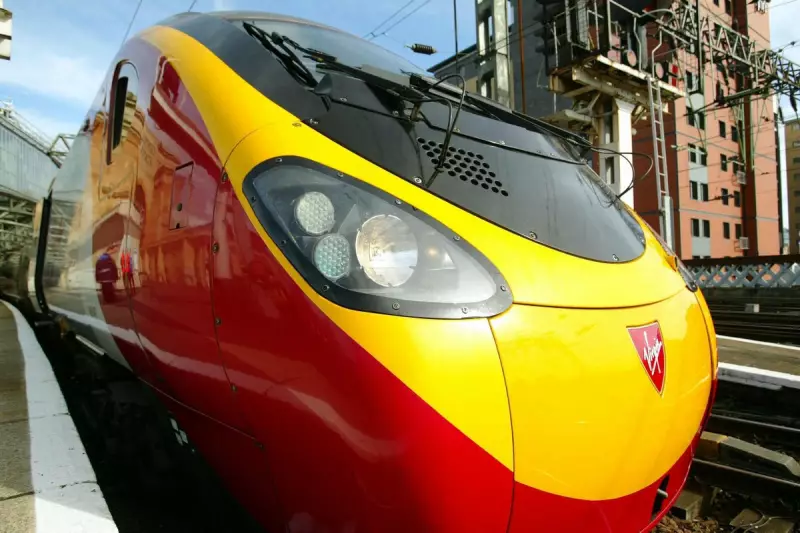
In a dramatic decision that has sent shockwaves through the UK rail industry, Virgin Trains' ambitious plan to operate services through the Channel Tunnel has been comprehensively rejected by regulators.
The Office of Rail and Road (ORR) delivered the crushing blow to Sir Richard Branson's rail empire, effectively blocking Virgin's bid to challenge Eurostar's long-standing monopoly on cross-Channel passenger services.
Regulatory Roadblock
The ORR's rejection centres on what it describes as Virgin Trains' failure to meet essential criteria for operating through the historic tunnel linking Britain and France. Regulators expressed significant concerns about the company's proposed access arrangements and operational capabilities.
This decision represents a major victory for Eurostar, which has enjoyed exclusive rights to passenger services through the Channel Tunnel since its inauguration in 1994. The rejection maintains the status quo at a time when many had anticipated increased competition on the vital international route.
Branson's European Ambitions Derailed
Virgin Trains had positioned its Channel Tunnel application as a cornerstone of its European expansion strategy. The company had envisioned creating direct rail connections between London and several major European cities, including Amsterdam, Cologne, and Frankfurt.
The proposed services would have marked Virgin's first foray into international rail operations, building on its extensive experience operating domestic services across the UK. Industry analysts had widely viewed the bid as a natural progression for the company following the conclusion of its franchise on the West Coast Mainline.
Market Implications and Future Prospects
The regulator's firm rejection raises important questions about competition in the international rail market. While the ORR has previously expressed support for introducing competition on Channel Tunnel routes, this decision suggests that potential operators must meet exceptionally high standards to gain approval.
Virgin Trains now faces strategic decisions about its future direction. The company may choose to appeal the decision or reconsider its approach to international rail services. Alternatively, it could focus its resources on domestic opportunities within the UK's evolving rail landscape.
This development comes at a pivotal moment for European rail travel, with increasing environmental concerns driving renewed interest in train travel as an alternative to short-haul flights. The maintained monopoly situation through the Channel Tunnel will likely spark further debate about market access and consumer choice in international rail services.





